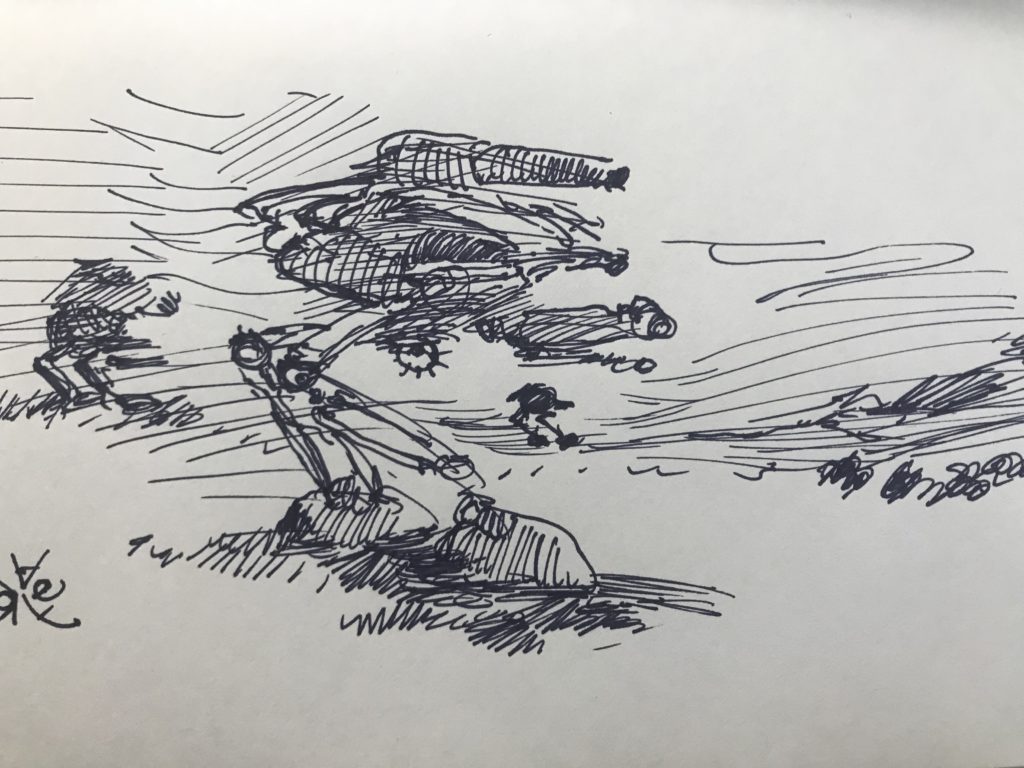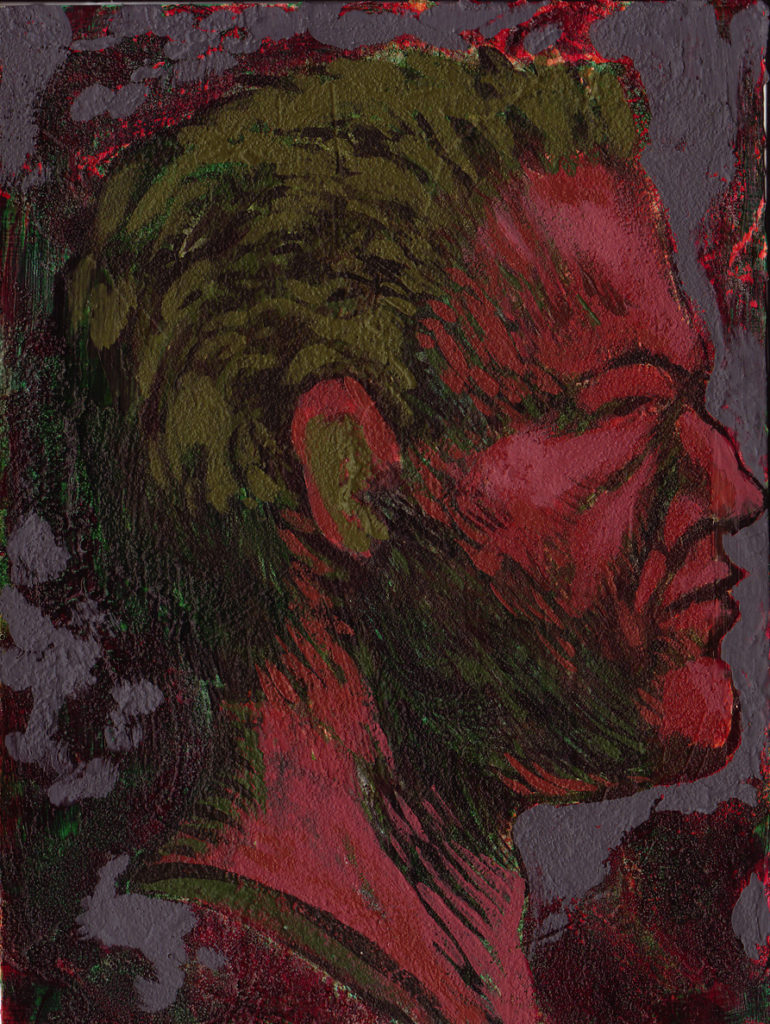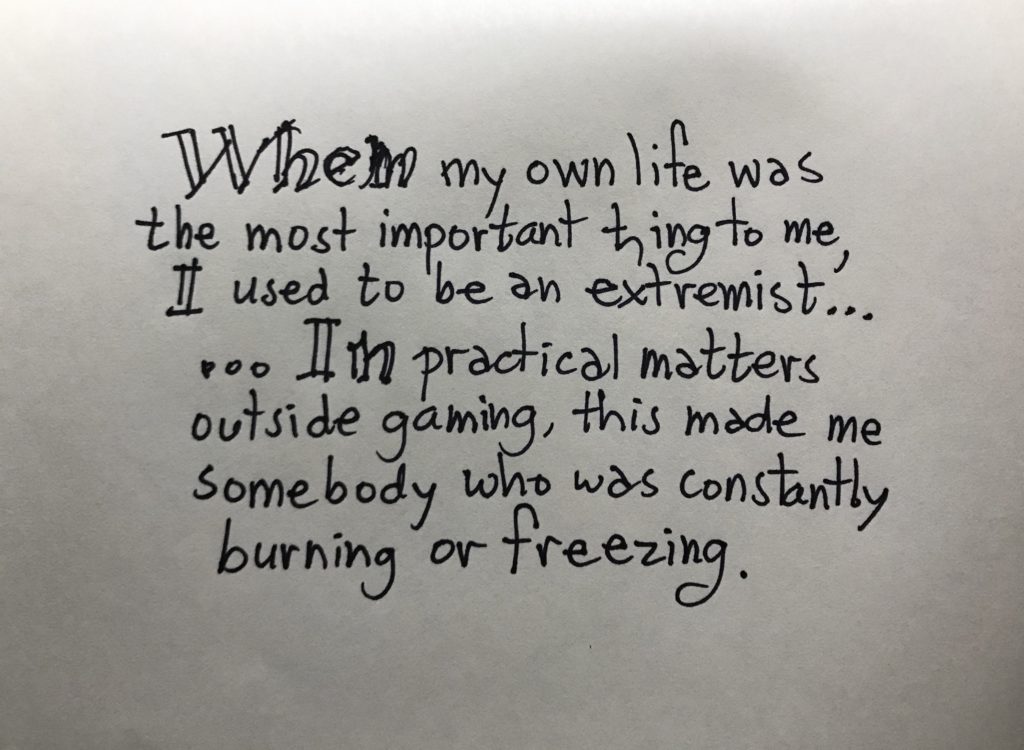The Fenris Experience
by Rey ArmenterosScythe is a stupendous game of the economic type that has a few other features mixed in. I see it as somewhat of a hybrid, but there are players that consider it a pure euro game.
I have owned “The Rise of Fenris” expansion since it came out, and it is only now that I was able to play it. Having played Scythe exclusively solo with multiple Automa factions on the board, I was interested in playing “Fenris” with others, but I could never make that happen, and I finally decided to do it as a five-player game with me and four Automas.
What an Automa is needs to be explained for those that don’t know. This is nothing more than a small deck of cards that act as the brain for one of the factions in a game. With an Automa, you could play against it in a solo game, and it would be similar to playing a real person. The cards each have an order of actions the Automa faction takes in its turn. Since the cards are shuffled, the solo player never knows what is coming next. And yet, the Automa actions are not just random choices. It makes mostly logical decisions that escalate as the game moves on.
Without spoiling the surprises in the expansion, I am going to talk about my thoughts about it. “The Rise of Fenris” is a campaign-based expansion. It has the players go through a number of scenarios that follow a single long story. Players are to play this story over numerous games. I guess you could compare it to a TV show with a set number of episodes, and “Fenris” follows the buildup and surprises of such stories.
To guide players through the story, each scenario becomes a modified version of base game Scythe. Some of the attractions players expect from a campaign expansion are these modifications in their beloved games. The other attractions are the surprises that come along the way. Although “Fenris” is not a legacy game (the type that goes through a similar campaign but that permanently alters the game components), the surprises are the added feature in such a game that you can never get back. So, though you can reset the game and play the campaign as new more than once, it will not be the same experience as the first. A second play would mechanically be slightly different in that you are not supposed to read the outcomes of each scenario until the corresponding episode bout is over, thereby offering surprises in some of the rewards — and these would no longer be a surprise with multiple attempts.
I had been excited about this one for a long time, and I am delighted that I finally played through it, but in the end, regular Scythe is the ultimate experience. The Fenris campaign was a novelty that I enjoyed mostly, but these new scenarios did not make the actual game more enjoyable. Though a couple were interesting, the scenarios put limitations on those game features that I normally loved.
I didn’t enjoy the overall story. Honestly, it felt like bad TV, and it made me think that such stories are best left alone in board games. I have heard of Pandemic Legacy: Seasons 1’s stellar story, “as if you were watching a proper TV show,” and it makes me wonder if such an experience can even be emulated in board games. I am guessing that the surprises and the buildup can never be the same.
In the backstory at the beginning of the campaign book, there seems to be a conscientious attempt to explain why in the original game, huge mechs are fighting alongside saber-wielding cavalry men and archers. It felt so forced, that it almost destroyed the magic of Scythe’s theme. We don’t want to question what might be wrong with the logic of certain themes and the mechanics that back them up in a favorite game. As players, we want the ideas behind the game to slide harmoniously into place. All I need is a few hints, and my imagination can run wild. When I play games that makes sense, I am the one that provides my own connections as to why they make sense. So that man with a composite bow riding toward a mech can very well bring it down with one arrow if the game allows it.
After playing certain scenarios, I felt that each game was cut short. It had to do with new goals that gave a match the possibility of being shorter. This might have happened to me because I was playing with multiple Automas. “The Rise of Fenris” campaign book does explain that playing with more than one Automa could have balance issues, and I think one of them was the high possibility that later games would actually be shorter because the Automas could reach the goals faster. And there was one game that actually almost stalled with the four Automas infesting the board with pieces and not being able to go forward. I found myself gaming this unlikely feature, trying to take advantage of it to win the game.
So, my observations should be taken with more than one grain of salt. The campaign experience would certainly be different if I were sharing it with friends. A story that does not necessarily appeal to me would be a lot funner if I were sharing my expectations with other Scythe lovers. And I know the mechanics introduced in these game situations would have played out better with others. There was also the burden I had of remembering accumulating rules, and this would have been easier if there were more pairs of eyes chaperoning the added details.
With it finished, I might return to “Fenris” to play the more curious scenarios, but I feel that base game Scythe is the perfect iteration of the game — which is as it should be, I think. “The Rise of Fenris” is an experience, but the original Scythe is almost a way of life. You can keep playing it and finding new aspects you hadn’t played with before, even if you just play it solo like I do.


